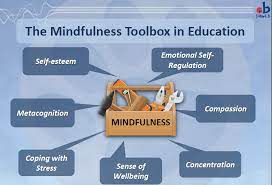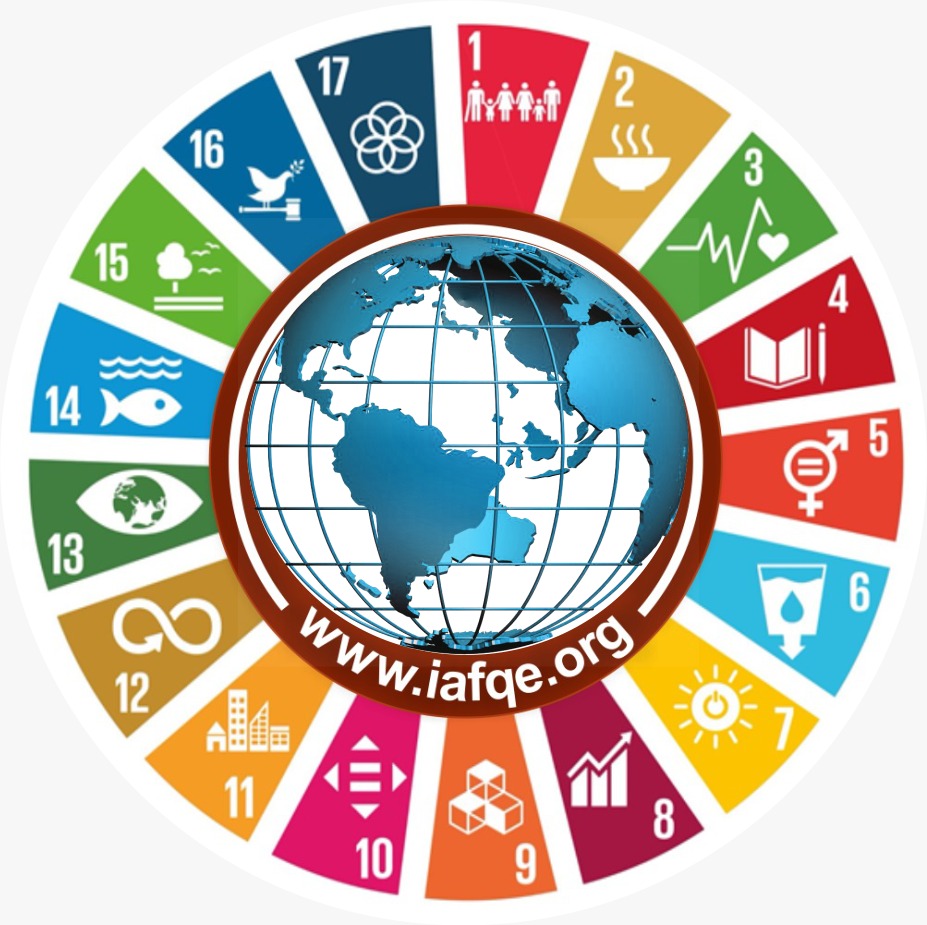
Education should focus on the holistic development of the child. Today, in many countries, education has become a headache for children. Children have to spend more than 13 years of their lives in a very stressful teaching and learning process. It is full of lectures, homework, examinations, assessments, and much more.
Even in the family, children have to face many stressful situations. Sometimes, many families are limited to very few members. Parents are also so busy. no time to spend freely. There is no time for family members to enjoy together, even in the family these days.
Education has become a one-way process. Although we discuss multidisciplinary education or capacity building for children to overcome the challenges of the existing world in many countries, in practical terms, the aim of education is to gather knowledge and paper qualifications.
Students, as well as parents, run for the examinations. Their expectation is higher marks for examinations. Huge competition is there. not only the school students have to attend tuition. students life is full with thousands of homework, assignment. no time for extra activities, sports, or at least entertainment. Sometimes, some countries will not believe this situation. But still, in many countries, education is similar to this.
Children are exposed to technical devices. A mobile phone is essential equipment for many children these days. They spent a lot of time on social media, video games, or whatever activity was based on the digital screen.
In nut cells, now children’s psychosocial environment makes for a very stressful mentality. If a child’s mind is calm, it is easy to understand subject knowledge. Children can pay attention to the teacher. They can think deeply. They will think creatively. They will think innovatively. If a child’s mind is full of stress, he is not a healthy person in psychological terms. He can’t pay attention to subject knowledge. He can concentrate his mind on one thing for a long time. He is not a calm person internally. He is full of aggression and pessimism. He is full of tension. He is not a happy person.
Therefore, mindfulness is more important to build a calm mind. happy mind. to develop concentration. Finally, it will help the child continue the very productive learning process. to live happily and freely. If a child is happy from childhood, it will become their life style. With time, a child will be a very happy person. kind person. It will become his lifestyle. If a child grows up unhappy, he or she will be a very aggressive person, even in the future.
Therefore, mindfulness is a very important factor in keeping everyone happy. to reduce stress and develop mental health. It is not a meditation process. It is not relevant to any religion. It is not a religious activity. Mindfulness may be practiced in meditation or in religion. But from the point of view of education, mindfulness is a psychological need for the mental health of a child.
There are so many subjects, like music, art, etc., to develop mindfulness. Meditation and yoga are also good practices to develop mindfulness. but so many strategies can be applied to develop mindfulness in children.
In simple terms, mindfulness is defined as “the basic human ability to be fully present, aware of where we are and what we’re doing, and not overly reactive or overwhelmed by what’s going on around us.”
At least if a child has the ability to be fully present, he can pay attention to the teacher during the lesson. The main problem with children is that they can’t focus on one thing at a time.
If a child is fully aware of where he is and what he is doing, he can manage his life very successfully.
If a child is not overly reactive or overwhelmed by what’s going on around us, he will not spend more time on mobile devices. He will give value to his time, however. He will not become addicted to any useless things. Always, he will direct his life for success.”
Mindfulness is a big concept. In the field of education, the mindfulness concept should be used very carefully. That’s why we explained very simply and carefully.
However, it is very pleasant to invite you to express your ideas, best practices, and research findings on how we can develop mindfulness in children for their success in education and life.
Some schools practice The Mindful Schools Approach to enhance the quality of human lives. As they say ” Schools are facing a mental health crisis, with anxiety, stress, and burnout at record levels. But it doesn’t have to be this way. We take an integrated approach to create healthy school cultures in which every person feels valued, engaged, and ready to learn.” https://www.mindfulschools.org/



